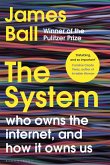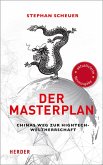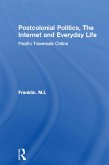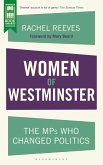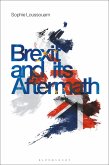In an international landscape, where emerging newly empowered states are projecting economic and political challenges from Asia, Africa and Latin America, countries like Britain have to redefine roles for themselves in a new order that has reshaped the world. These new roles, as envisaged by David Howell, will rely far more on connectivities and fluid networks than on geographically defined blocs. How will Britain fare in this entirely new international landscape? With power and influence shifting to the developing world, and with a growing network of hyper-connections and communications between nations, Britain is already fundamentally repositioned. In this context, Howell presents a unique solution: engage with and re-energise the existing Commonwealth network of nations which is bound together by history and cultural connections. Emphasising the importance of soft power in the digital age, the author argues against the restrictions posed by traditional blocs and for the dynamism which Commonwealth linkages offer.
Challenging traditionally accepted economic and political theories, Howell presents a unique new perspective on international and diplomatic relations in the twenty-first century.
Challenging traditionally accepted economic and political theories, Howell presents a unique new perspective on international and diplomatic relations in the twenty-first century.



